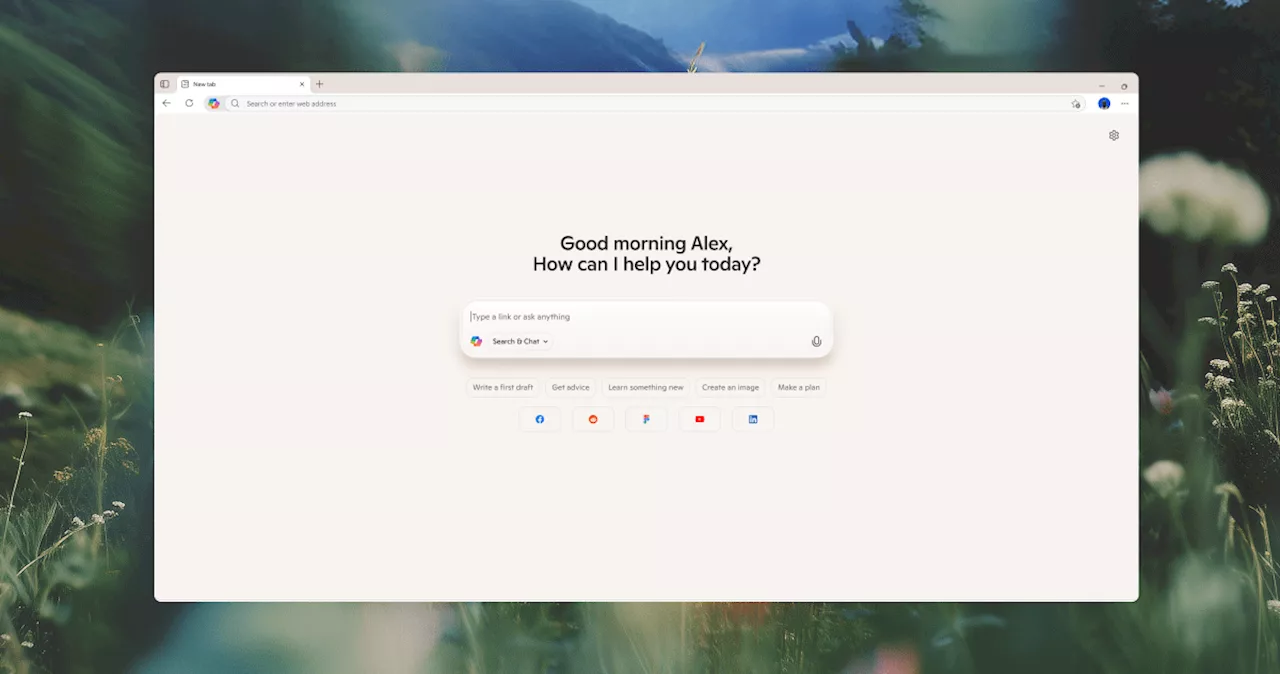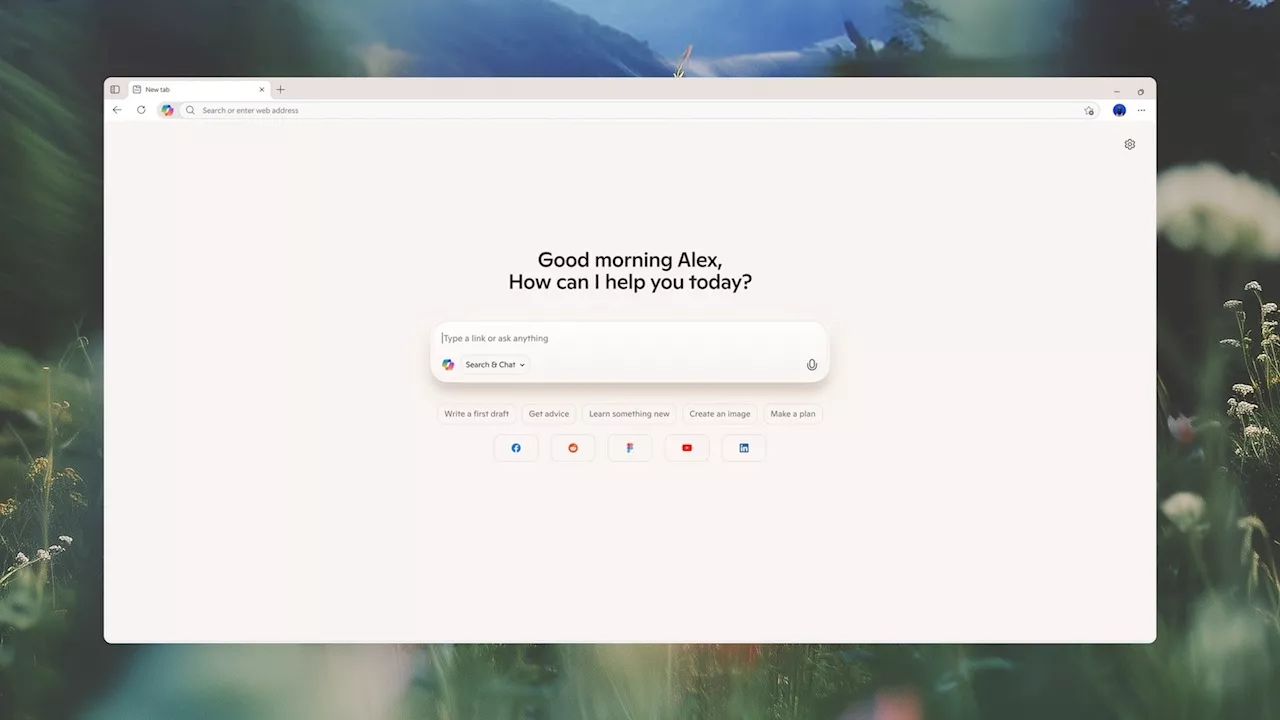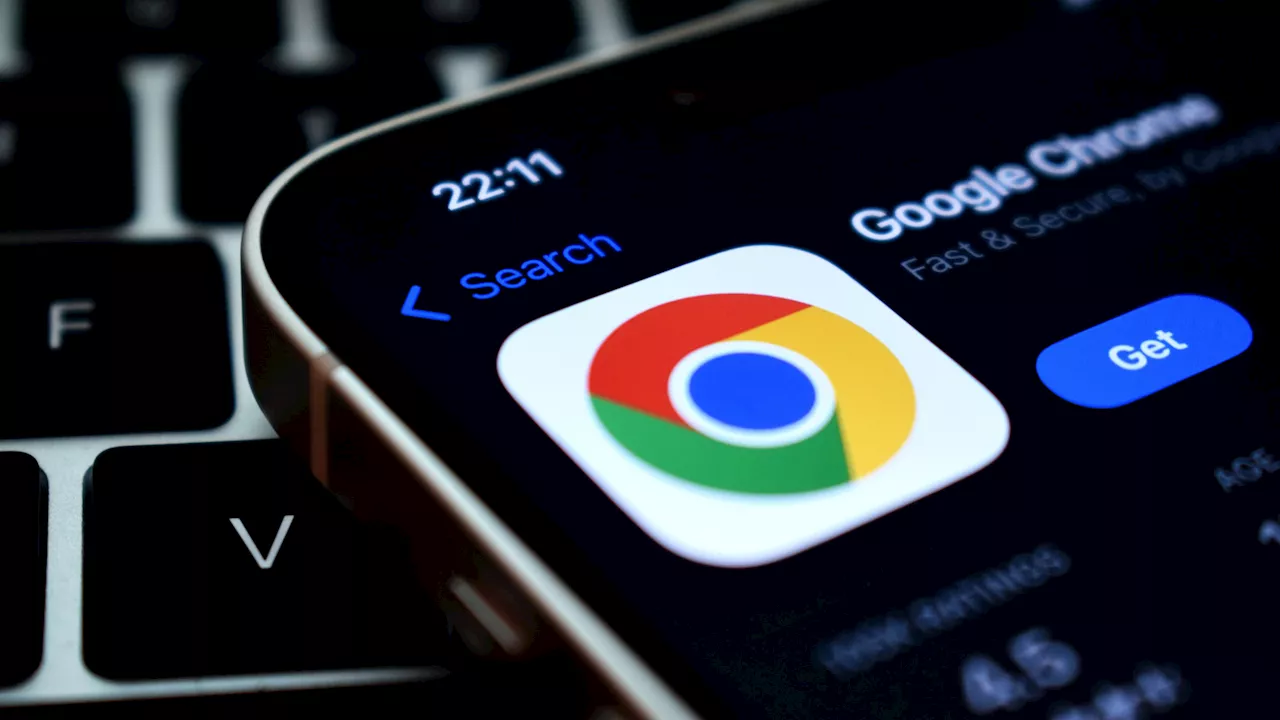Sara has several years of experience writing and reporting across the intersecting fields of consumer tech, science, and entertainment. Her work has spanned daily news coverage, long-form explainers, and trend analysis pieces tailored to a digitally savvy audience.
The easiest choice is not always the safest one when it comes to the browser you use on your Android phone. Most people stick with whatever came preloaded, rarely questioning it. If you've never changed yours, there's a good chance it's Google Chrome, a built-in browser that dominates the Android market yet quietly demands more of your personal data than you might expect.
Chrome might at first seem harmless — just the price for faster autofill, personalized news, and easy syncing across your devices. But those perks often mean constant tracking, detailed profiles of your habits, and a bigger risk of your information falling into the wrong hands. Chrome quietly collects more than you realize. Here's why using Chrome could compromise your privacy.
Features like autofill, personalized news, and recommended content all feed into the same tracking ecosystem. Over time, even small interactions when using the web browser like clicking a news link, visiting a website, or lingering on a page become part of a digital footprint that is exposed unknowingly. For anyone concerned with privacy, this level of integration is a serious reason to reconsider relying on Chrome as the default browser.
Alternatives such as Brave, DuckDuckGo, Firefox, and Tor each take different approaches to protecting users. However, they all ensure that the browsing history remains under your control. They cut down the constant flow of data about your behavior, which helps protect your privacy and keeps your online activity more anonymous. While no browser is perfectly anonymous, any of these options gives you far greater control over your digital footprint.
Switching is easy, and the benefits can be substantial. Install the browser of your choice, set it as the default, and adjust permissions to minimize location sharing and other data access. Doing so immediately reduces the amount of information flowing out of your device and curtails the tracking that feeds advertising profiles., which provides some protection, but the broader data collection still occurs behind the scenes.
United States Latest News, United States Headlines
Similar News:You can also read news stories similar to this one that we have collected from other news sources.
 The Browser Company’s AI browser now has a $20 subscriptionA Dia Pro subscription comes with unlimited access to the browser’s AI chat feature.
The Browser Company’s AI browser now has a $20 subscriptionA Dia Pro subscription comes with unlimited access to the browser’s AI chat feature.
Read more »
 Microsoft Edge transforms into an AI browser with new Copilot ModeMicrosoft is turning Edge into an AI-powered browser. A new Copilot Mode is now in testing that lets the AI assistant analyze your tabs and more.
Microsoft Edge transforms into an AI browser with new Copilot ModeMicrosoft is turning Edge into an AI-powered browser. A new Copilot Mode is now in testing that lets the AI assistant analyze your tabs and more.
Read more »
 Copilot Mode Turns Microsoft Edge Into An AI Browser - Here's What It Can DoChris started blogging about tech by accident when he figured out his passion for consumer electronics, especially mobile devices, and telling stories could be intertwined.
Copilot Mode Turns Microsoft Edge Into An AI Browser - Here's What It Can DoChris started blogging about tech by accident when he figured out his passion for consumer electronics, especially mobile devices, and telling stories could be intertwined.
Read more »
 Locker Review: The Best Browser Extension for Online Shopping (& Savings!)Locker is the best browser extension for online shopping. Similar to Pinterest, it allows you to save and curate your wishlist items, but with a savings twist.
Locker Review: The Best Browser Extension for Online Shopping (& Savings!)Locker is the best browser extension for online shopping. Similar to Pinterest, it allows you to save and curate your wishlist items, but with a savings twist.
Read more »
 How AI is now helping hackers fool your browser's security toolsFox News Channel offers its audiences in-depth news reporting, along with opinion and analysis encompassing the principles of free people, free markets and diversity of thought, as an alternative to the left-of-center offerings of the news marketplace.
How AI is now helping hackers fool your browser's security toolsFox News Channel offers its audiences in-depth news reporting, along with opinion and analysis encompassing the principles of free people, free markets and diversity of thought, as an alternative to the left-of-center offerings of the news marketplace.
Read more »
 Apple’s lock on iPhone browser engines gets a December deadlineWe might finally see the first iPhone browsers built on top of third-party engines now that Japanese regulators have taken up the issue.
Apple’s lock on iPhone browser engines gets a December deadlineWe might finally see the first iPhone browsers built on top of third-party engines now that Japanese regulators have taken up the issue.
Read more »
